
Forget predictions from Nostradamus or the Mayan Calendar. Now, we have companies like Recorded Future analyzing semantics and sentiments to foretell the future. They do this by sorting through thousands of news publications, blogs, tweets, comments, trade journals, government web sites, financial databases, and more. Recorded Future sees ahead “By applying temporal analytics to what is written about the future, and by algorithmically crowd-sourcing the resulting temporal information, we can draw conclusions and gain insight.”
Now even small businesses can tap into the trove of rich data and forward-looking insights. Quentin Hardy of The New York Times claims the service, once affordable only for big businesses and wealthy institutions, now has a web-based version subscription for $149/month. “The Web has come to reflect the world,” Hardy quotes Christopher Ahlberg, the co-founder and chief executive of Recorded Future. “We can use that to predict things”, says Ahlberg. With costs dropping and social data continuing to grow, small businesses can consider adding these analytics to their social media arsenal. For those companies that just want to take a quick peek into the future, check out Recorded Future’s free 14-day subscription.
Even the spy agencies are applying these breakthrough technologies to predict revolutions, natural disasters and economic disruptions. Wired Magazine’s Sharon Weinberger writes (“The Spy Who Tweeted Me: Intelligence Community Wants to Monitor Social Media”) “A research arm of the intelligence community wants to sweep up public data on everything from Twitter to public webcams in the hopes of predicting the future.” The project is apparently the brainchild of Intelligence Advanced Research Project Activity [IARPA], a relatively new initiative of the intelligence community.
Gaining insights on consumer attitudes and behavior has always been critical for big marketers like Procter & Gamble and Ford, but now tech companies like HP are using social media data to predict success of box office hits, new ideas and products. Michael Stelzner (How HP Uses Social Media Science To Make Predictions) explores this emerging capability with Bernardo Huberman, director at HP Labs and author of The Laws of the Web: Patterns in the Ecology of Information. According to Huberman, HP can use certain “mechanisms” and “predict with extreme accuracy box office revenues two weeks before a movie opens”.
While social media monitoring of current trends is not a new phenomenon, bitly, the popular URL shortening and real-time analytics service, now claims, “We See into the Future”. Through their newly released monitoring service, bitly says they provide a picture of “the future by knowing what is popular and exciting on the Internet before anyone else does.” Bitly uses real-time, collaborative filtering and search weight results by cross-platform social engagement to extract the “ebb and flow of trending topics” identified hours or days before they are picked up by the news, Google or Bing.
And just when you think you’ve heard it all, companies like IBM are scanning social media data to predict women’s heel heights, perhaps taking business intelligence to new heights.
Companies and marketers that can understand and exploit rich sentimental trend data and see ahead, bringing their brands and consumers along on the journey, will enjoy a tremendous competitive advantage.
While there are skeptics and critics of these analytics, it is nonetheless intriguing to consider the predictive capabilities of emerging social media tools. And if you think about it, the less-scientific Nostradamus had a few predictions that didn’t happen, but we still tweet them. Let’s just hope his 2012 doomsday prediction will be wrong. That’s one tweet (with our “sentiments” of course) that will be worth sharing!
This post was originally published on AT&T’s Networking Exchange Blog.
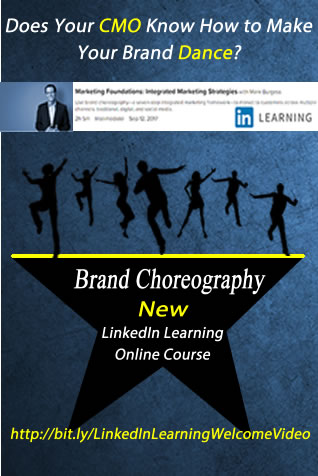
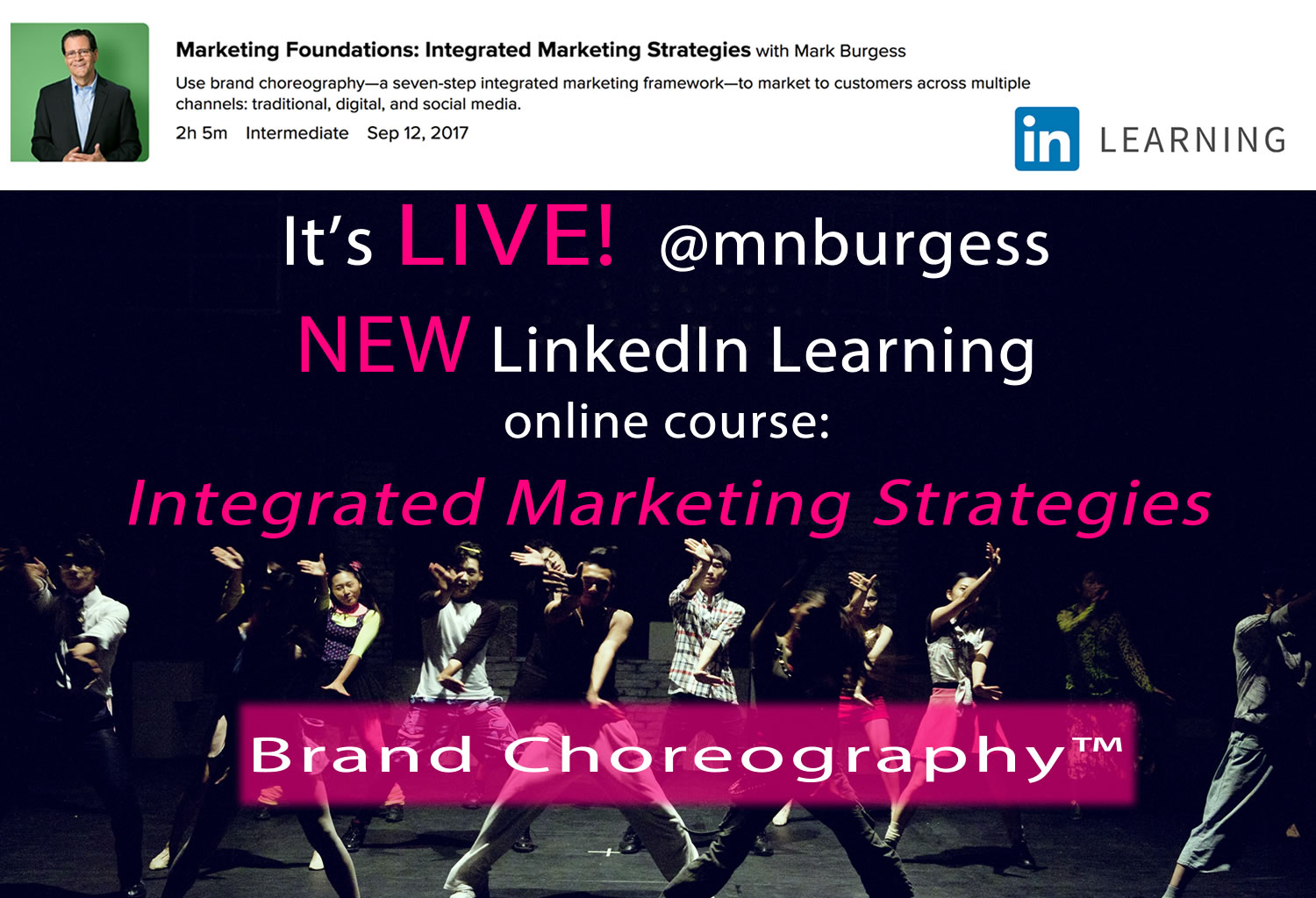





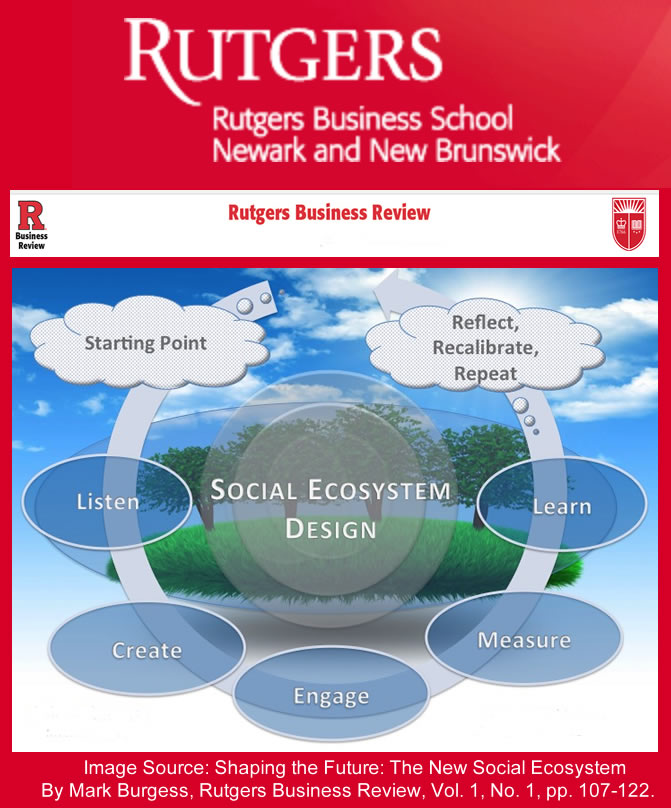
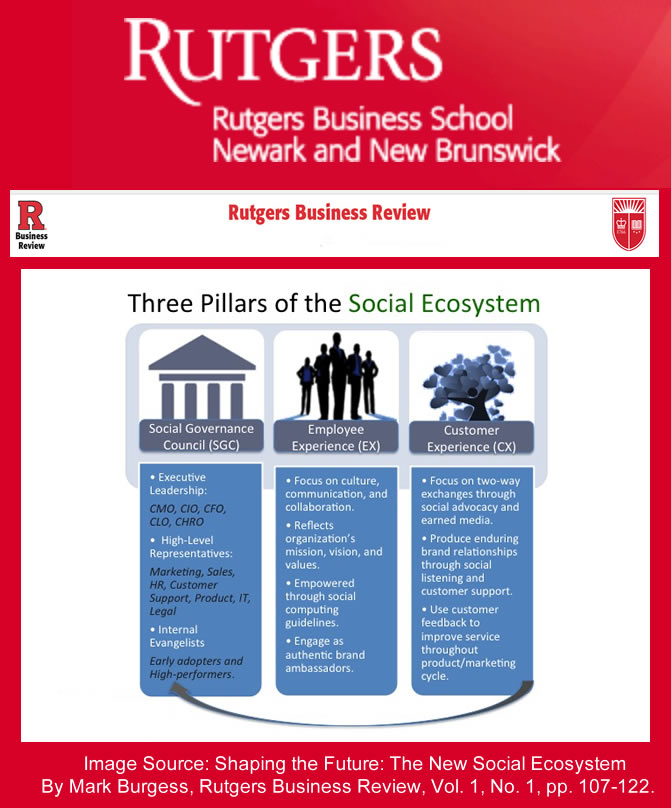

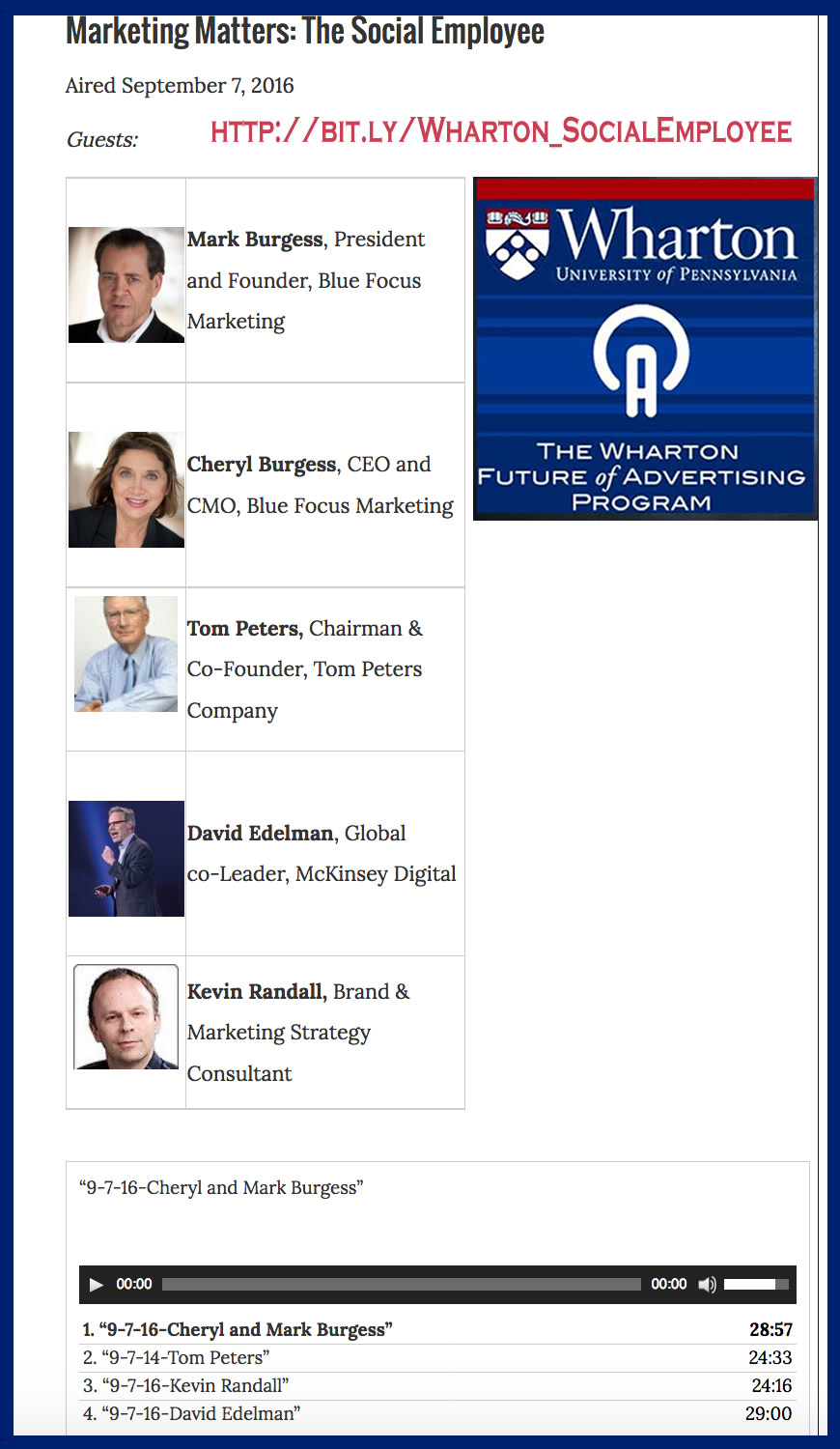


Trackbacks/Pingbacks